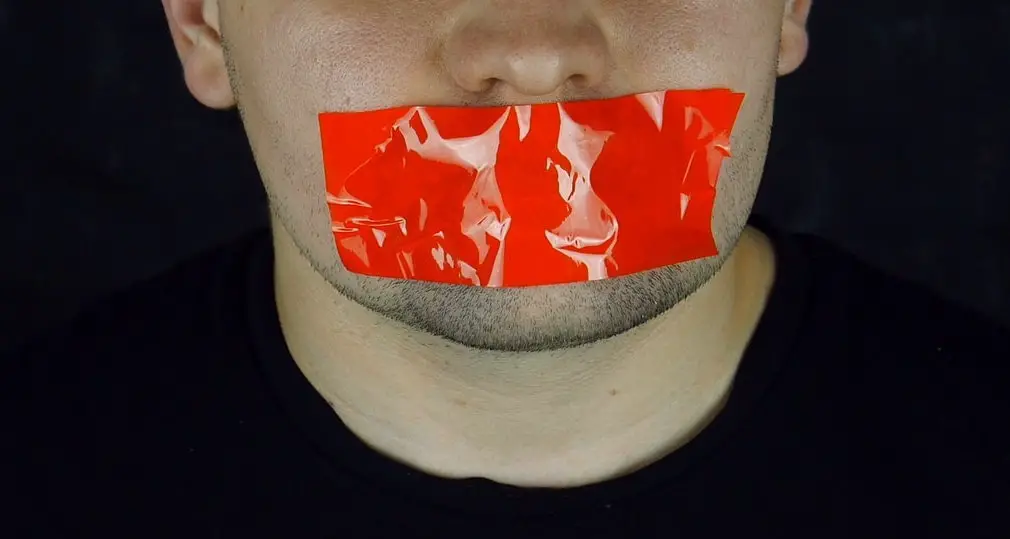Nine out of ten American colleges and universities maintain policies that restrict student expression in one way or another, a new report by the Foundation for Individual Rights in Education (FIRE) found.
Founded in 1999, FIRE is a nonprofit which advocates for the rights of students and faculty members at America’s educational institutions. Every year, FIRE rates over 400 colleges and universities based on the degree to which these institutions control free speech and expression.
Schools are rated red, yellow, and green — with red signifying the maximum threat to freedom of expression and green signifying the least.
New FIRE survey of campus speech policies:
88 percent of the 478 U.S. colleges surveyed have policies that restrict free speech.https://t.co/xHwNMXaRFv pic.twitter.com/riiJXPhj1u
— FIRE (@TheFIREorg) December 8, 2020
This year, FIRE’s Spotlight on Speech Codes 2021 analyzed the written policies at 478 schools. While 102 schools earned the worst “red light” rating, a surprisingly high 312 received the “yellow light” rating, with a further 56 earning the “green light” rating.
A few world-renowned universities such as Princeton and Harvard also earned “red light” ratings.
What Does This Imply?
Laura Beltz, author of the report and a senior program officer for policy reform at FIRE, said, “Students and professors around the country face punishment for speech that is clearly protected by the First Amendment or a school’s free speech promises.”
“Red light” schools still make up at least half of FIRE-rated institutions in the District of Columbia and as well as seven other states: Alaska, Delaware, Illinois, Oregon, South Carolina, Vermont, and Wyoming.
Although less restrictive than “red light” policies, “yellow light” schools still prohibit, or have a limiting effect on, constitutionally protected speech.
With online classes replacing in-person lectures this year, the study found nearly 200 public institutions imposing restrictions on online speech.
For example, a student at Stockton University in New Jersey faced six policy violations from the school, including harassment and cyberbullying charges, after he posted political content on social media. He also faced possible suspension until FIRE’s involvement forced the university to back down.
“We’ve offered to help every college in this report craft speech-protective policies, but most decided to carry on with their censorship,” Beltz informed.



